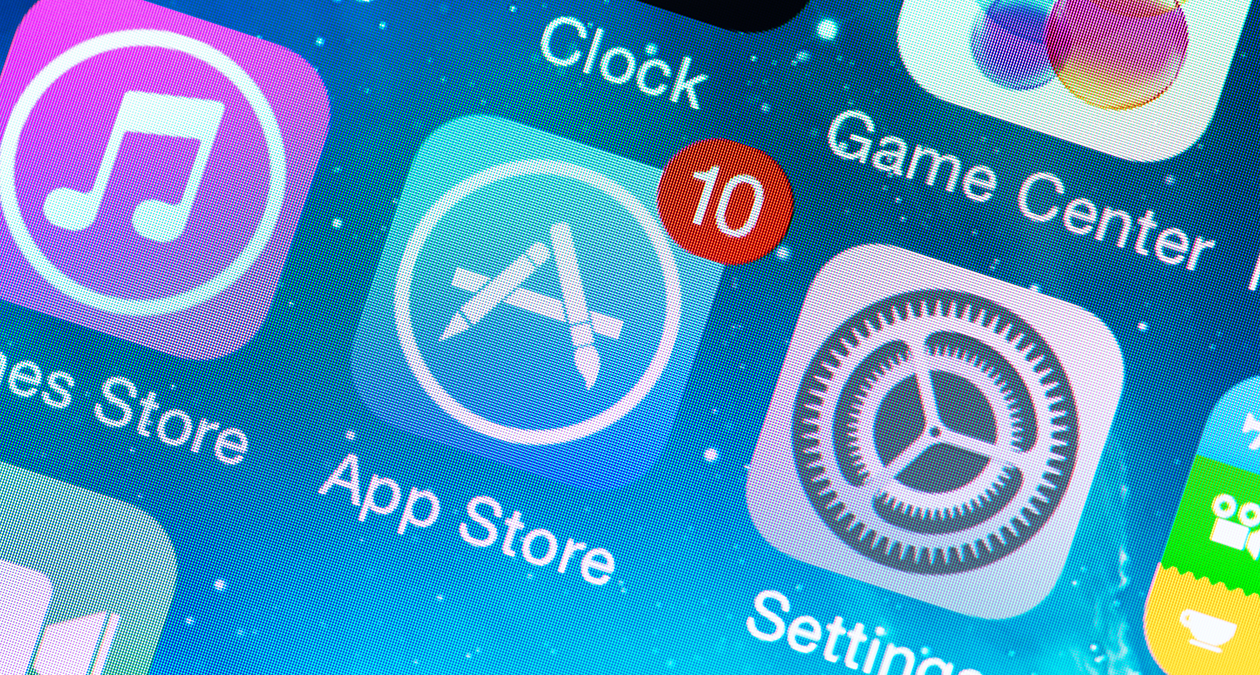Zona de Azar Switzerland – Apple Ups the Ante on Real-Money Gaming Apps

Switzerland.- July 10th 2019 www.zonadeazar.com With recent changes to their App Store Review Guidelines, Apple is ensuring that they have the final say on whether lottery and betting apps are qualified for the App Store. These changes have come abruptly and leave little room to move for state-authorized lotteries with mobile gaming platforms.
An increasing number of state lotteries have become dependent on mobile platforms to sell their gaming products. In 2017, lottery sales through mobile platforms reached an estimated USD 16.4 billion worldwide (Source: H2 Gambling Capital). As such, mobile gaming platforms have become vital and indispensable for state-authorized lotteries in their mission to raise funds for good causes and the benefit of society.
On Monday, June 3, 2019, Apple announced numerous changes to their App Store Review Guidelines that include new requirements for real-money gaming apps. The new requirements for real-money gaming apps, outlined in Guideline 4.7 state:
HTML5 games distributed in apps may not provide access to real money gaming, lotteries, or charitable donations, and may not support digital commerce. This functionality is only appropriate for code that’s embedded in the binary and can be reviewed by Apple. This guideline is now enforced for new apps. Existing apps must follow this guideline by September 3, 2019.
In clear text, this means that all new apps involving real-money gaming must be coded in native iOS in order to be considered App Store compliant. Existing apps that are coded in HTML5 must be converted to native iOS by the September 3 deadline, or they will be removed from the App Store. This new policy affects almost every lottery and sports betting operation worldwide that offers mobile gaming platforms.

iOS market share
Worldwide, iOS market share for smartphones is currently about 23%, compared to Android’s 75% global market share (Source: statcounter GlobalStats). Regionally, iOS is strongly concentrated in North America and Oceania, with market shares of 49.4% and 55.17% respectively, while Android in North America comes in at 50.25% and 44.25% in Oceania. The US and UK are particularly important markets for iOS. Currently, around 52.95% of US smartphone owners opt for Apple, compared with 46.82% for Android. In the UK, Apple’s iOS share of the market is about 48.76%. With the significant market share that Apple enjoys, their new requirements for real-money gaming apps come as a hammer blow to the global lottery and betting sector.
HTML5, a widely-used standard
Through Apple’s new requirements, developers are being forced to change from HTML5, a widely-used industry standard, to native iOS on very short notice. HTML5 works on iPhones as well as Android devices – it is basically OS agnostic. Owing to this flexibility, it is the coding language of choice for the majority of all mobile gaming app developers. This flexibility also allows lotteries and sports betting operators to take their existing web platforms and wrap or adapt them for deployment on both iOS and Android platforms. Development costs are spared thereby and maintenance costs are substantially reduced as updates can be made to web and mobile platforms, all at once. HTML5 developers are also more prevalent than iOS developers, which further adds to its convenience and flexibility.
In order for developers to keep their real-money gaming apps in the App Store they will have to make sure all aspects of the app are developed natively for iOS. Moreover, they will have to submit their apps and get them approved by September 3. Given that Apple can take up to five weeks to approve an app, this irrationally short compliance deadline will be impossible to meet. Interruptions in app availability for iOS users will be unavoidable.
Apple justifies their guideline change by claiming that real-money gaming transactions should be carried out through apps that are coded in native iOS, so they can easily review and monitor them. It is easier for Apple to monitor apps coded in native iOS than in HTML5. However, the state-authorized lottery and betting industry is heavily regulated. State-sanctioned lottery and betting organizations must overcome considerable regulatory hurdles before their apps are approved. Before any new or converted apps can be submitted to Apple, they must be sent to state regulators for a strict regime of vetting, testing, and approval. Only then can apps be submitted to Apple, who will vet and test them once again. The question remains as to what Apple feels they need to address in these apps that state or government regulators are not already addressing. Should Apple require changes to an app, it will likely have to be resubmitted to the regulator for approval, causing further delays.
The World Lottery Association (WLA) is looking to engage Apple executives in a dialogue in order to resolve the issue in a timely manner. WLA member lotteries exist to serve and support worthy causes in their respective communities and as such operate under strict government rules. Apple’s changes to their App Store Guidelines will come with a substantial loss in revenue for state lotteries around the globe, and consequently a loss in funds that would go to support good causes.
Edited by: Zona de Azar Press www.zonadeazar.com










































